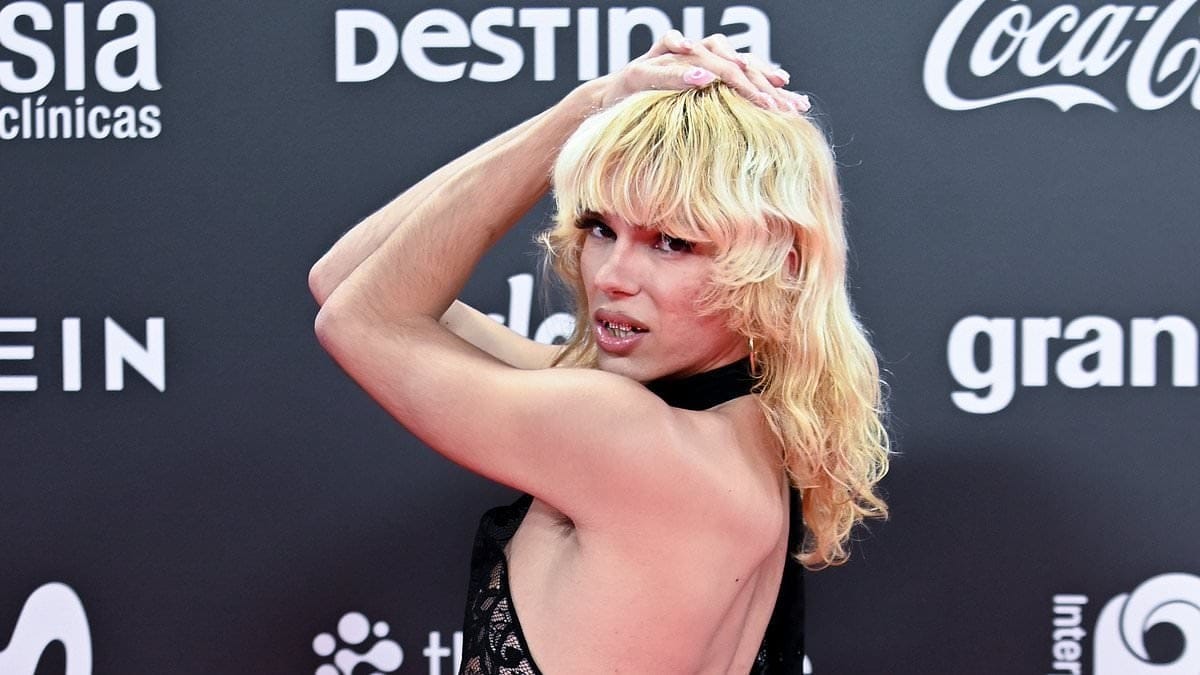Doritos Ends Partnership with Transgender Ambassador Samantha Hudson Over Controversial Tweets
Doritos Spain announced the termination of its relationship with transgender influencer Iván González Ranedo, better known by the stage name Samantha Hudson, over a series of controversial tweets that recently came to light. The decision has ignited conversations about accountability, freedom of expression, and the responsibilities of brand ambassadors in
Doritos Spain announced the termination of its relationship with transgender influencer Iván González Ranedo, better known by the stage name Samantha Hudson, over a series of controversial tweets that recently came to light. The decision has ignited conversations about accountability, freedom of expression, and the responsibilities of brand ambassadors in the digital age.
"Doritos Spain terminated their relationship with transgender influencer Iván González Ranedo, who goes by the stage name Samantha Hudson," reported the New York Post on March 6, 2024. The termination came after resurfaced tweets sparked a backlash, raising questions about the vetting process for brand representatives and the implications of past online behavior on current partnerships.
According to Newsweek, "Doritos Spain faces backlash after their recently appointed transgender brand ambassador's resurfaced tweets spark outrage." The tweets in question, which had been posted several years prior to Hudson's partnership with Doritos, were deemed offensive and incompatible with the brand's values. In response to the controversy, Doritos stated, "We are committed to fostering a community built on respect and inclusion. Our decision to end our partnership with Samantha Hudson is based on behavior that contradicts these core values."
NBC News provided further insight into the company's stance: "Doritos said Tuesday that it has ended a social media campaign with Samantha Hudson, a transgender influencer in Spain." This move underscores the challenges brands face when navigating the landscape of influencer marketing, where the personal histories of individual influencers can have significant repercussions for corporate image and consumer relationships.
The backlash was not without its critics. Advocacy groups and supporters of transgender rights voiced concerns over what they perceive as a disproportionate response to past mistakes. An article from Advocate highlighted the extremity of the reaction, noting, "After the chip manufacturer featured a transgender influencer in a Spanish advertisement, the collective right lit their hair on fire." This statement reflects the polarized nature of the public's response, underscoring the complex interplay between accountability, redemption, and the right to personal evolution.
In the wake of the controversy, discussions have also emerged regarding the broader implications for the LGBTQ+ community and the potential for such incidents to reinforce stigmatization or discourage brands from engaging with transgender individuals and activists. Toronto Sun reported, "A transgender influencer was fired by Doritos after old tweets about doing 'depraved things' to a 12-year-old emerged," highlighting the gravity of the tweets that led to Hudson's dismissal.
As the situation unfolds, it serves as a poignant reminder of the enduring impact of online behavior and the importance of thoughtful engagement in digital spaces. For brands and influencers alike, the episode underscores the necessity of due diligence and the pursuit of partnerships that align with shared values and principles of inclusivity and respect.
Samantha Hudson has yet to release a formal statement regarding the termination of the partnership. As the conversation continues to evolve, it remains to be seen how this incident will influence future collaborations between brands and influencers, particularly within the context of LGBTQ+ advocacy and representation.




